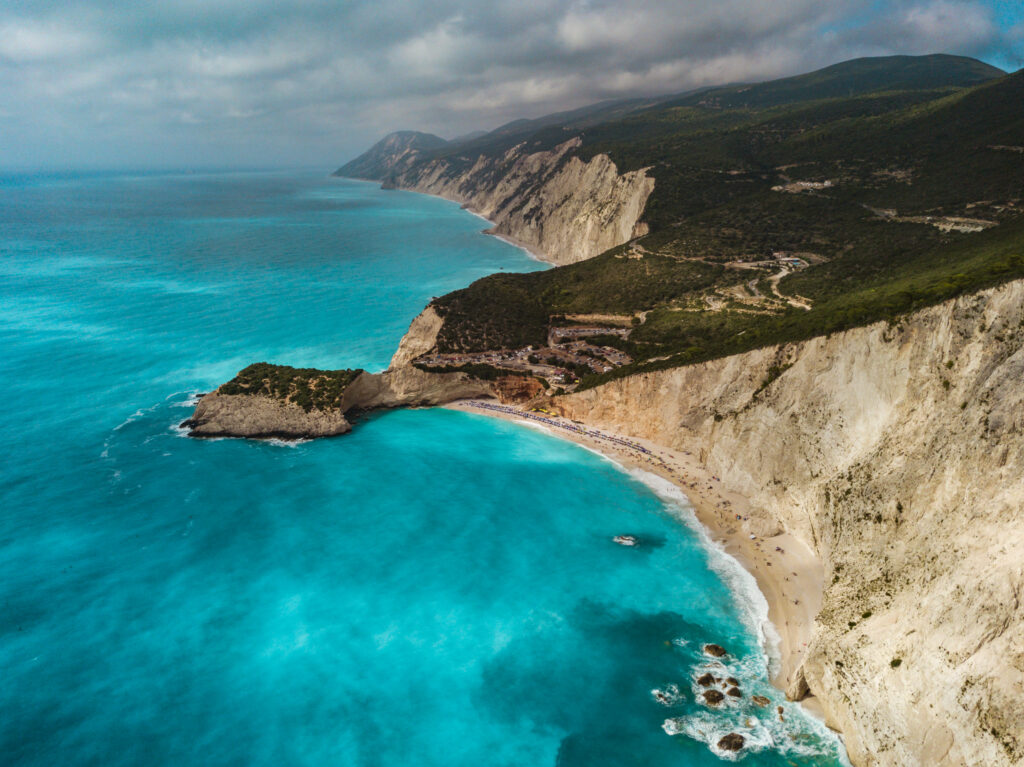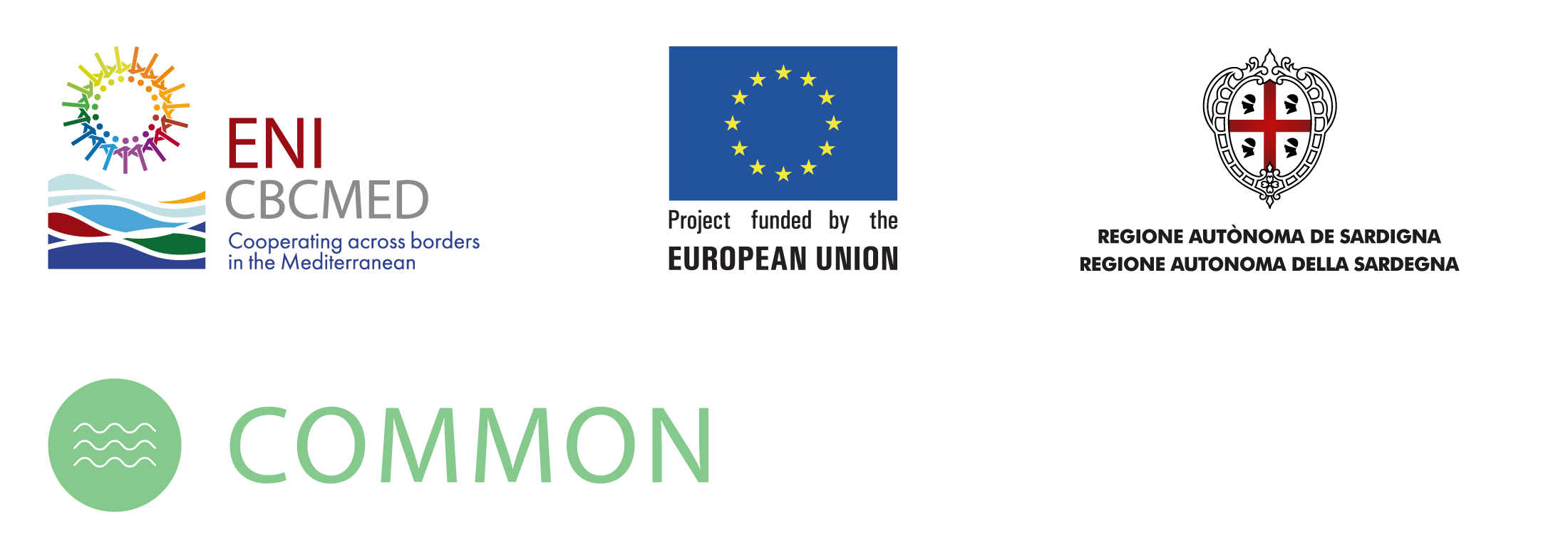UN Ocean Conference
Lisbon, Portugal | 27 June to 1 July 2022

Scaling up Ocean Action Based on Science and Innovation for the Implementation of Goal 14: Stocktaking, Partnerships and Solutions
The Ocean Conference, co-hosted by the Governments of Kenya and Portugal, comes at a critical time as the world is seeking to address the many of the deep-rooted problems of our societies laid bare by the COVID-19 pandemic and which will require major structural transformations and common shared solutions that are anchored in the SDGs. To mobilize action, the Conference will seek to propel much needed science-based innovative solutions aimed at starting a new chapter of global ocean action.
Online Side Event: "Science and awareness: building Mediterranean networks against marine litter"
More than 450 million people populate the Mediterranean region, and the anthropogenic pressures are on their rise due to forecasted population growth, coastal urbanization, maritime traffic, fishing, inputs from large rivers.
SIDE EVENT
Science and awareness: building Mediterranean networks against marine litter
Online, 28th of June
9:30-11 am (Portuguese time)
Organizers | Legambiente has a strong experience on monitoring campaigns, citizen science activities, and the involvement of different stakeholders. The University of Siena is a leader group on research of impact of marine debris on marine biodiversity and on the development of new tools to investigate ecotoxicological impacts of microplastic on endangered species. Union for the Mediterranean is the intergovernmental Euro-Mediterranean organisation which brings together all the EU, Southern, and Eastern Mediterranean countries. The UfM, promoting political strategic and technical dialogue and cooperation between the 42 member countries, has the role, mandate, and the capacity to facilitate exchanges within the region through a multi-stakeholder approach. |
Context | More than 450 million people populate the Mediterranean region, and the anthropogenic pressures are on the rise due to forecasted population growth, coastal urbanization, maritime traffic, fishing, inand puts from large rivers. Furthermore, the Mediterraneanwhichat is one of the 25 major biodiversity hotspots in the world and is home to about 17000 different species, is warming 20% faster than the rest of the world and, with current policies, temperatures are expected to increase of 2,2 °C by 2040. According to the IUCN report “Mare Plasticum: The Mediterranean”, the region is one of the most polluted in the world mainly due to the threat of marine litter and, to one of the highest concentrations of plastic debris, producing between 208-760 kg of solid waste per capita per year. About 229.000 tons of plastic end up in the Mediterranean every year, mainly from Turkey, Egypt, and Italy, This specific situation requires, in fact, strong governance and a joint policy among the Med countries, NGOs, local authorities, research institutions, and other stakeholders. To better understand sources of pollution and try to propose valuable solutions, marine litter monitoring activities are crucial, they need to be harmonized and jointly implemented as common solutions for a sea without borders. In this respect, a strong link between scientific research and awareness activities, in our vision, is the best option to reach these objectives. |
Objectives | The side event will allow us having a useful discussion about this global threat with different actors that, in their various capacities (institutional and not), are working for the protection of the Mediterranean. In the wake of the commitment presented in 2017 by Legambiente and the University of Siena (Science and awareness: a Mediterranean connection against marine litter), with the support of the Union for the Mediterranean, InterregMed and ENI CBC, the main goal of this side event is to present the advancements in terms of common monitoring protocols and new technologies; the findings in terms of impacts on the environment and biota, the results and possible upscaling of pilot mitigation actions around the Mediterranean sea and the creation of a large multistakeholders network to discuss and develop joint solutions. Sharing our experiences, we are trying to develop new tools and actions integrating science and awareness campaigns. The collection of data through citizen science activities, following the protocols developed with researchers, could help to build specific actions and scientific reports used in the pressure made on the decision makers. |
UNOC2022 context | The health of the Mediterranean is of fundamental importance for the life of the people who inhabit its coasts and for the health of the ecosystems, marine and terrestrial, that depend on this basin. As well as being of strategic and economic importance, this sea serves as a climate regulator and a great food resource for many populations. For this reason, it is of fundamental importance to protect the delicate ecosystems that govern it and the resources that it has, creating networks of various stakeholders, involving citizens in citizen science activities and implementing common monitoring actions all around the basin. |
How to participate |
